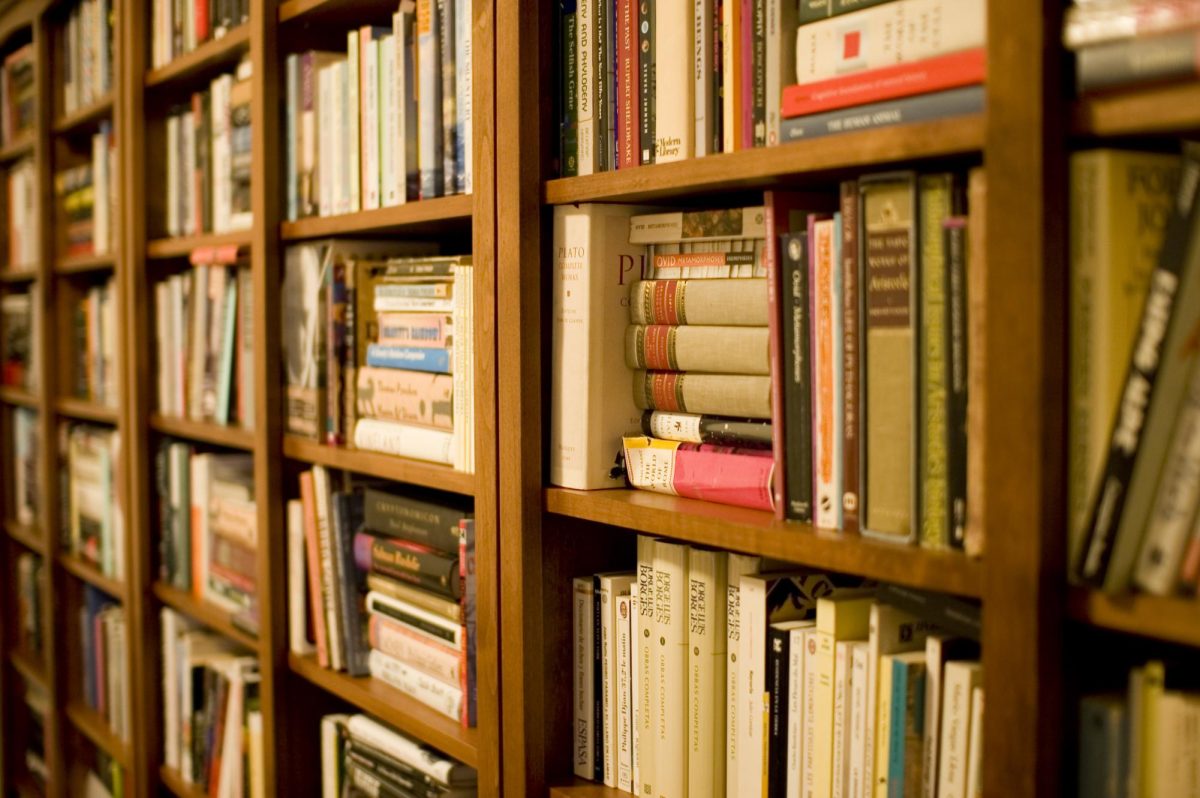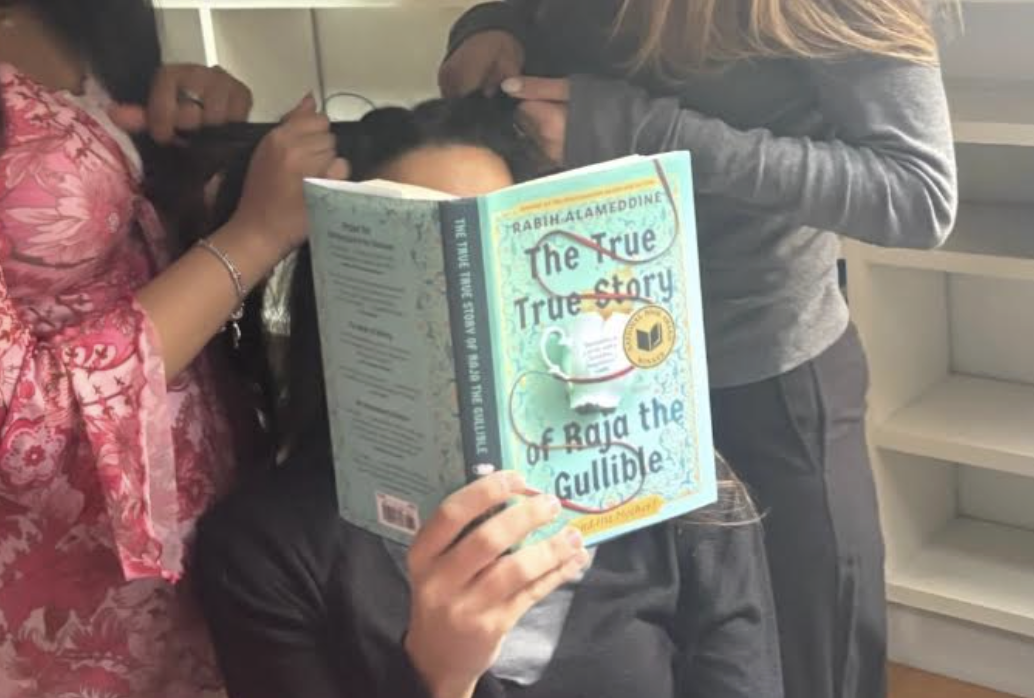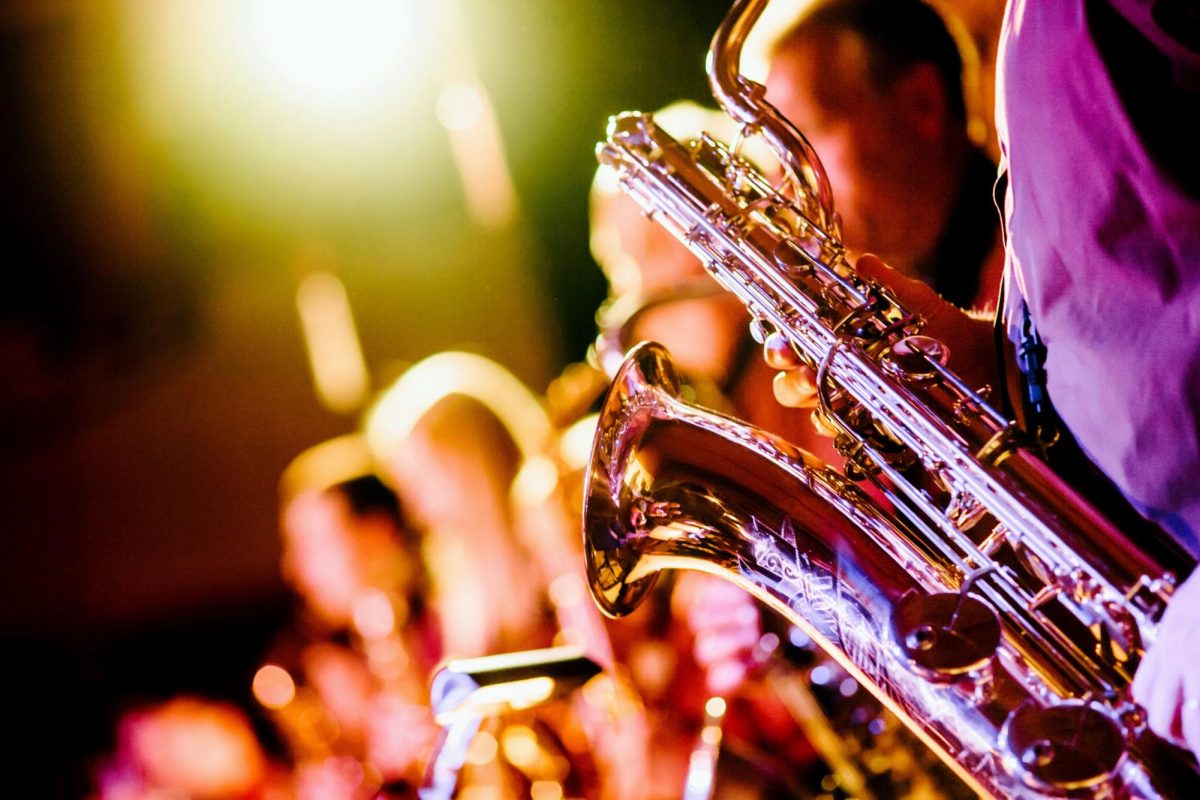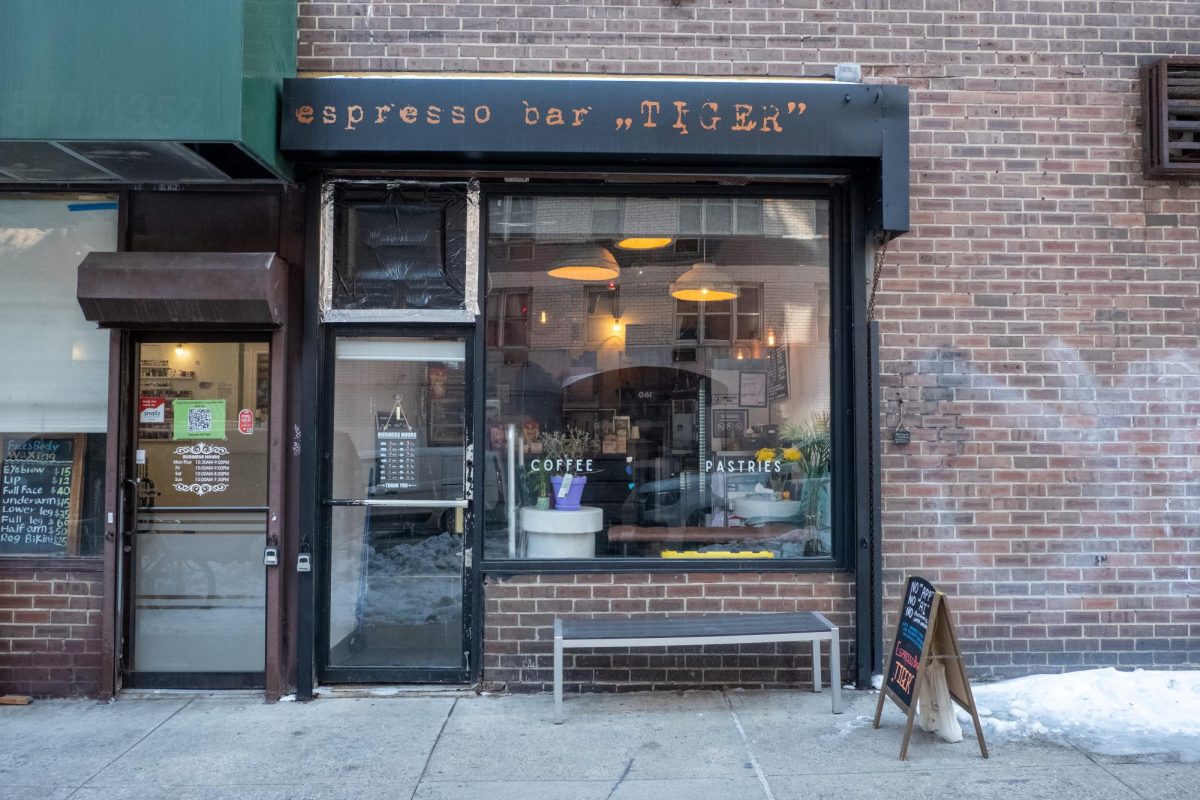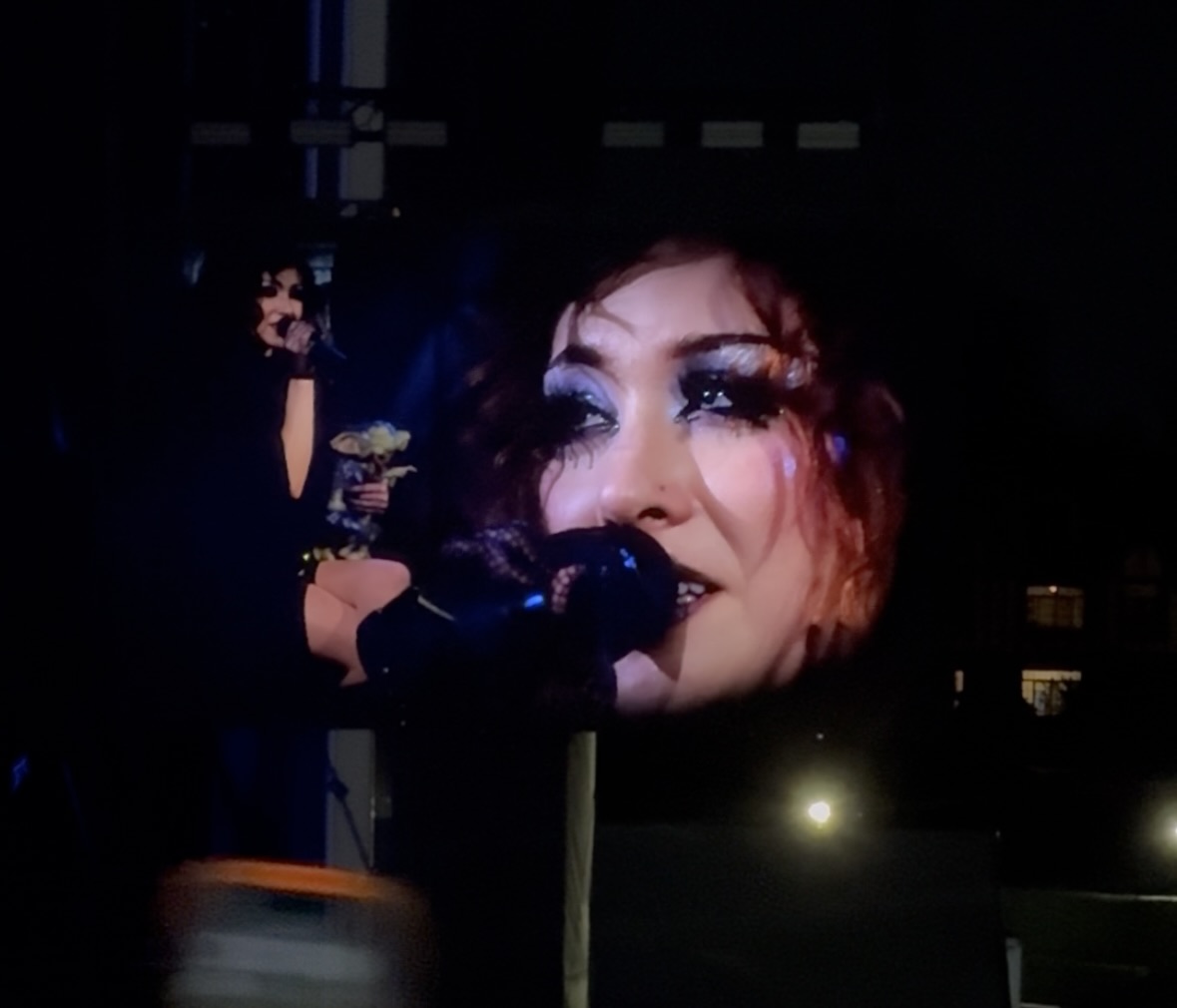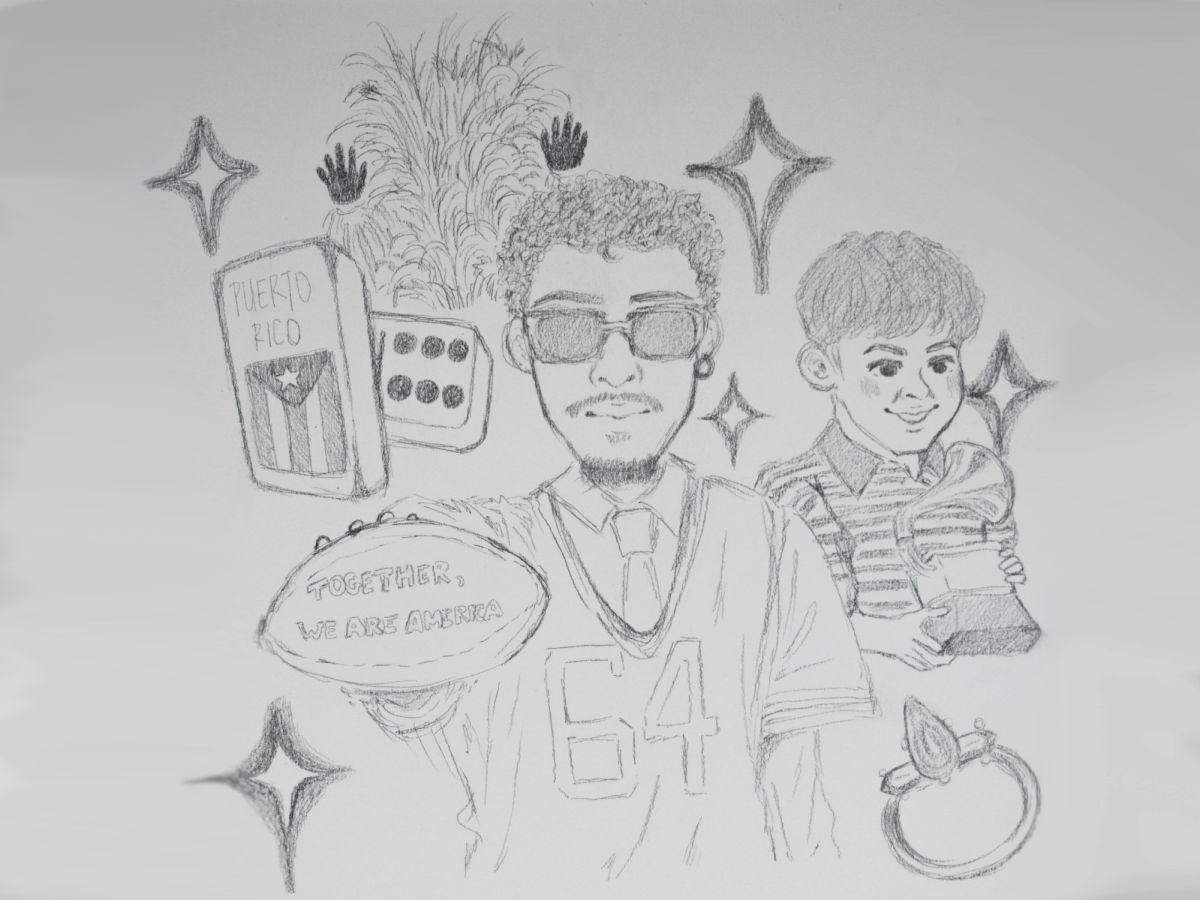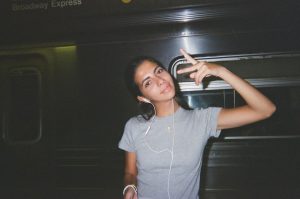
The title “My Friends” is a gentle misdirection. The friendships in the novel between Mustafa, Rana and Hosam are not safe havens; instead, they serve as embodiments of paths not taken. If they are Khaled’s fate, then that fate is tragic, not because of what it demands, but because of what it reveals: that Khaled is the only one among them unable, or unwilling, to change.
The story follows Khaled, a young man raised in Libya in a home dominated by his father’s library, where he learns about the world through books and the radio. He later moves to Edinburgh for university, where he befriends Mustafa, also from Benghazi.
Their lives are upended during a 1984 anti-Gaddafi protest in London, when both are shot by regime agents. This results in political asylum being granted, the eventual quicksand that keeps him in Europe for the remainder of the book. The author, Hisham Matar, narrates this story by adjusting the lens on different moments of Khaled’s life, spanning decades, from his childhood in Libya to his middle age in London.
The shooting that serves as the story’s climax feels entirely relevant to the novel’s title, highlighting how inaction that is excused by self-justifications leads to a cascade of bad choices. What makes “My Friends” so devastating is its refusal to absolve Khaled.
Khaled’s two friends were both present at the protest, embodying the novel’s central “what ifs.” Mustafa is the clearest example of the road not taken. Though also wounded, he is bold in ways Khaled is not. Life does not pause, and Khaled’s existence settles into a muted English pattern, marked by monotony and a crippling politeness that conceals despair.
The bullet that strikes Khaled seems to be less paralyzing than his father’s warning against involvement, which politically immobilizes him.
Khaled watches as Mustafa consistently seeks greater things, whether in his ambitious business ventures or his ultimate pursuit of liberation as a leader in the Libyan resistance. If Mustafa represents Arab identity asserted through resistance, Khaled embodies its polite erasure. They are two shadows cast by the same history, divided by the choices they make.
Rana, one of Khaled’s closest friends from university, tends to him after the protest and persistently urges him to allow his family to share his burden. At first, he hides behind the excuse of state surveillance, but even when that pretext collapses during his family’s visit to London, he remains silent.
When Rana later falls ill, she confides in her husband, embodying the solace made possible by vulnerability and the courage Khaled lacks. Hosam, meanwhile, mirrors Mustafa’s role: though uninjured, Khaled longs for his return to writing, which he sees as both duty and testimony that
gives meaning to their otherwise precarious lives abroad. Hosam eventually returns to Libya, and when he does, he revives his talent by writing “lively” letters that Khaled never reciprocates. Matar’s use of framing devices, letters, archival documents and recollections punctuates the novel, layering memory into a palimpsest that meditates on the persistence of trauma.
“As foolish to think we are free of history as it would be of gravity,” the book said.
This quote comes up as part of a meditation on how Khaled and his friends continue to live under the shadow of Gaddafi’s dictatorship, even while abroad, insisting that displacement doesn’t sever you from the country you fled. However, with fleeing comes this unshakable sense of urgency to return that Khaled feels, but his inarticulacy for it keeps him grounded in Europe.
Matar’s novel is as much an exercise in craft as it is a story of exile. The novel’s truest tragedy is not the violence that forced Khaled into exile, but the myths he tells himself to justify staying there, long after exile is no longer necessary.
The longer he stays still, the more comfortable he feels living in a halfhearted haze and the more noble his abstention appears to him.
His final declaration of permanence in London is rendered with deliberate flatness. It is dull, just as his life is dull. But this is the brilliance of Matar’s ending: it denies catharsis. Khaled’s inability to return or pursue writing, is what the ending aims to mirror. The novel’s critique of Khaled is embedded in the contrast between him and his friends who each, in their own way, find the courage to confront what Khaled avoids.
Matar leaves the readers with the unsettling reminder about lives built from fear and the myths inherited from trauma and recast as wisdom.


